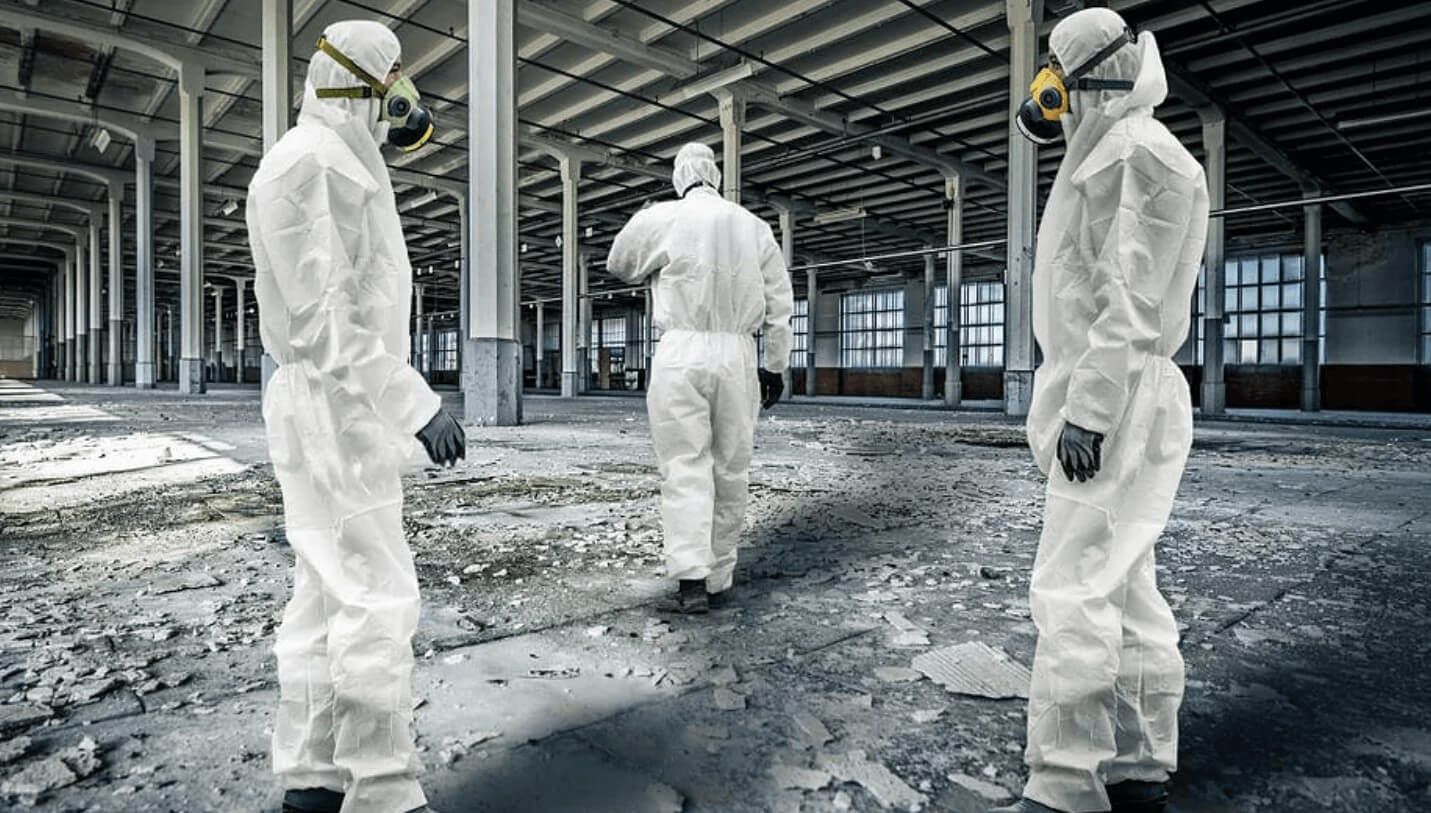The health of our planet is critically dependent on the soil. It is estimated that more than 1 trillion tons of carbon are stored in the world's soils, which help regulate global climate and temperature.
Soil is a major source of food, natural resources, and medicines, as well as being a home to billions of microorganisms that help cycle nutrients through ecosystems. Without proper soil disposal Melbourne practices, these benefits would be compromised—but it doesn't have to be this way!
Prevention of soil contamination
Soil contamination is a serious problem that can lead to health problems, environmental damage and economic loss. Soil contamination occurs when chemicals such as pesticides or fertilisers are spilled onto the soil surface and then leach into the ground water system.
The chemicals may also be washed off by rainwater runoff into nearby bodies of water such as lakes, rivers or oceans.
The effects of soil degradation on human health include:
- Increased risk of cancer due to exposure to toxic metals such as cadmium (Cd), lead (Pb) and arsenic (As). These heavy metals can enter food chains through contaminated crops grown in polluted soils or animals grazing on these crops

Protection of biodiversity
Soil is a habitat for many organisms, and the biodiversity of soil is an important indicator of the health of an ecosystem. So, it's no surprise that contamination can harm biodiversity.
For example, landfills are filled with garbage that has been buried in soil for years or even decades; as it decomposes, it releases toxic chemicals into the surrounding environment (and sometimes into groundwater).
These chemicals harm plants and animals alike--not only killing some species outright but also impacting others' ability to reproduce or adapt to changing conditions over time.
Conservation of natural resources
Soil is a natural resource, meaning it can be used over and over again. It's also a renewable resource because when it's depleted in one place, it can be replenished elsewhere. Soil is essential for agriculture because crops need the nutrients found in soil to grow.
However, some types of soil are non-renewable resources: they cannot be regenerated once they've been depleted through use or extraction.
For example, if someone mines coal from their backyard and sells it as fuel for power plants (which they probably won't do), then that coal will never grow back!
Compliance with environmental regulations
Compliance with environmental regulations is a crucial part of operating a business. Failure to comply can result in hefty fines, and may even lead to the closure of your business.
Fortunately, there are many ways for you as a small business owner or manager to ensure that you meet all relevant legal soil disposal Melbourne requirements. Here are some tips:
- Make sure everyone in your company knows what their responsibilities are when it comes to environmental compliance. This includes understanding which substances are regulated by local and national laws, how they should be handled (e.g., whether they need special disposal), and how often they must be inspected by an independent third party such as an environmental consultant or auditor who has been approved by government authorities.
Conclusion
Soil contamination is a global issue that affects human health and the environment. Proper soil disposal Melbourne is crucial for environmental sustainability, as it prevents soil contamination, protects biodiversity, conserves natural resources and complies with environmental regulations.
Source From - Why Is Proper Soil Disposal Crucial For Environmental Sustainability?






